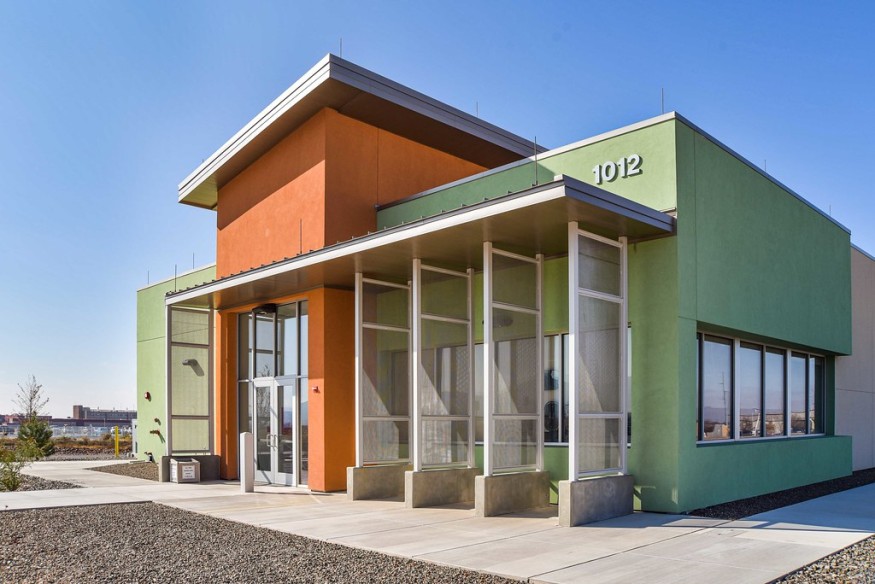
The COVID-19 pandemic has crippled and may continue to cripple the majority of the real estate industry over the coming months. However, one sector - life science real estate - is expected to buck the trend and may experience a stronger demand even after the coronavirus pandemic has already played out.
And as the world grapples with the ongoing health crisis, the life sciences sector and the crucial role it plays in the fight against COVID-19 is now at the forefront. In the U.S. Real Estate Market Outlook 2020, published by CBRE Research, specialty sectors or "alternatives," which includes life sciences, have been recognized as attractive investments over the past six years, and will still be for 2020.
The research mentioned that rising market demand as one of the leading factors that make these attractive alternative investments. In its February 11, 2019 article, Forbes cited a study by Deloitte, which stated that the life sciences sector is booming, and with it, the rise in demand for space for R&D and manufacturing.
Industry experts are now affirming the growing demand for life sciences real estate, given that the spotlight is now focused on the research and development as we race to find the cure and vaccine for COVD-19. And considering the lasting impact of the coronavirus pandemic has on the global economy and healthcare sector, experts are confident that the long-term outlook for the life sciences real estate sector will remain bullish post-COVID.
However, the restrictive measures currently being implemented to contain the coronavirus are impacting the growth of the life sciences sector, as mentioned in Colliers International white paper report "The Impact of SARS-CoV-2 on the Life Sciences Real Estate Sector."
Written by Joseph Fetterman, Executive Vice President of Life Sciences Practice Group, the report said that lab productivity would slow down in the near term due to COVID-19. Mr. Fetterman noted that activities like drug discovery and development that are not related to the coronavirus had to take a back seat to give way and free up space for COVID-19 vaccine R&D.
Drug development companies also have to suspend critical expansion activities temporarily so they can asses the impact of the health crisis on their operations, funding, and timelines. Despite the projected growth in demand for research and development laboratories, the uncertainties brought about by the pandemic result in apprehension among developers, users, lenders, and owners in the life sciences industry.
The supply chain will also be affected by the pandemic, positively, as drug development companies' dependence on raw materials will shift from China to local manufacturers. This will help ensure reliable control and maintenance of the supply chain and manufacturing process.
Despite the slowdown as investors become cautious during these uncertain times, the report said that life sciences are seen to experience a resurgence and that growth will likely accelerate in the long-term. In particular, investments and funding, will be focused on research and development by emerging drug development companies, as well as the development of new labs and manufacturing facilities.
© 2026 Realty Today All rights reserved. Do not reproduce without permission.



